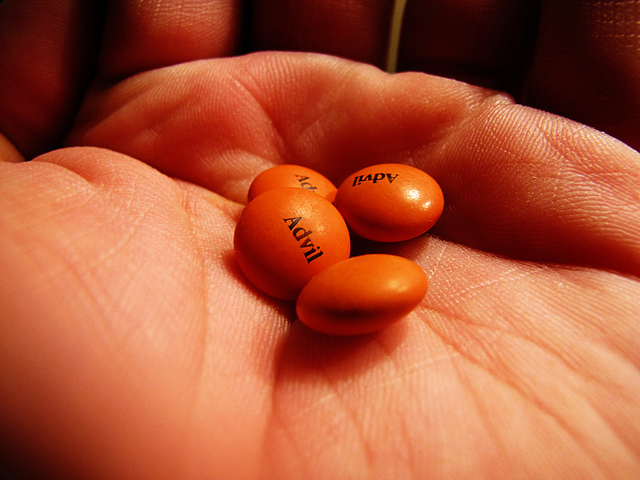
Should you take a statin to prevent heart disease?
Preventing a disease, before it occurs, seems intuitively obvious. But when it comes to taking medicine to prevent a disease before it occurs, people tend to be much less comfortable. Not only are there the concerns about the “medicalization” of healthy people, there are good questions about benefits, risks (like side effects), and costs. Cardiovascular disease will kill many of us, so there’s been decades of research studying how to prevent that first heart attack or stroke. But even if you’re born with good genes and do everything possible to prevent heart disease (e.g., don’t smoke, exercise regularly, eat a healthy diet, moderate your alcohol, and keep your weight down) you’re still at risk of heart disease. And if you have one or more risk factors for disease, your lifetime risk goes up dramatically. Once you’ve had your first heart attack or stroke, the effectiveness of medical therapy has been established. Drug therapy with medication like the “statins” class of cholesterol-lowering drugs reduces subsequent deaths from cardiovascular disease. Given their unambiguous effectiveness, and the high likelihood that many of us will eventually have cardiovascular disease of some sort, the idea of “pre-treating” otherwise-healthy people with drug therapy to possibly prevent that first event has been held out as a potential public health strategy. There’s new evidence that tests this hypothesis, and the results are surprising. Continue reading





You must be logged in to post a comment.